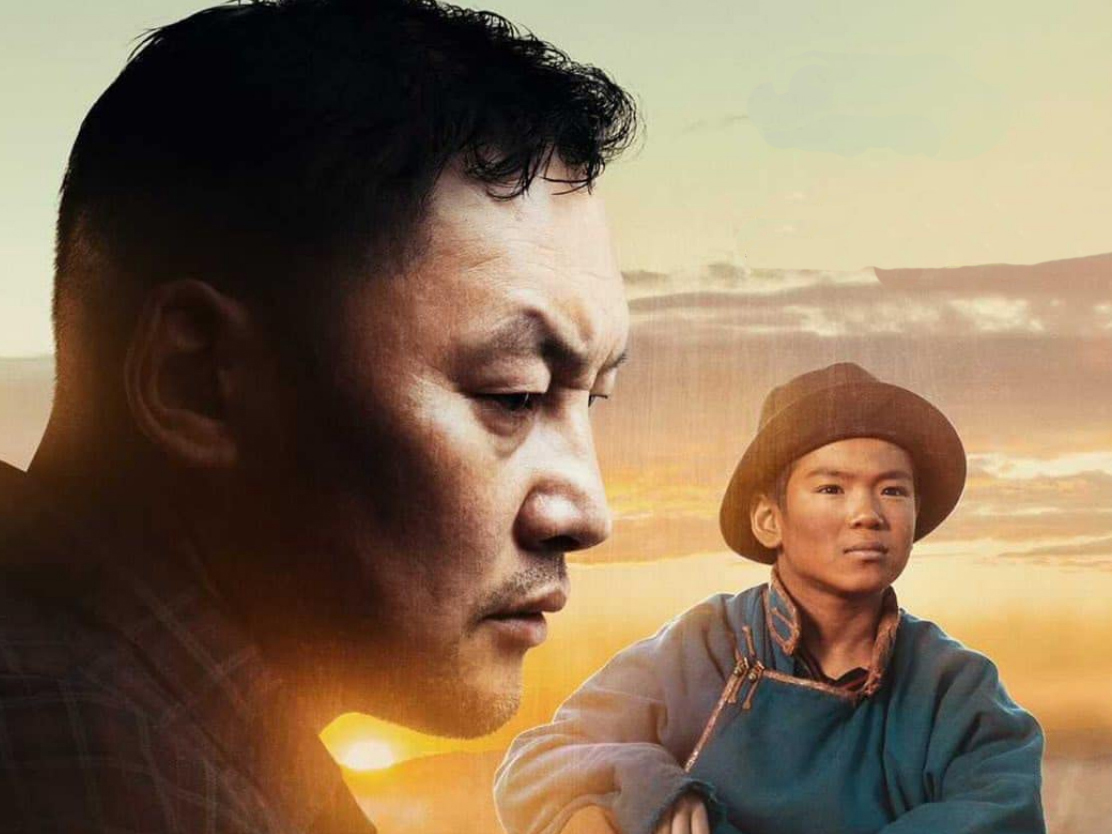
- Golden Globe Awards
Harvest Moon (Mongolia)
Harvest Moon director and star Amarsaikhan Baljinnyam – one of the highest profile actors in Mongolia – is better known for tough guy roles in the Trapped Abroad action franchise and as the first Mongolian actor to breakthrough in Hollywood in the Netflix series Marco Polo, as Kublai Khan’s brother, Ariq Böke. In his directorial debut, Harvest Moon he takes on the biggest challenge of all, playing an everyday character, Tulgaa, who works as a mild-mannered chef in Ulaanbaatar when he faces a dilemma in his life.
Tulgaa has received news that his stepfather has fallen ill, and he returns to the countryside and ends up helping the family finish the hay harvesting when his stepfather dies and can no longer deliver on his own promise. That’s when he meets Tuntuulei (Tenuun-Erdene Garamkhand), a cocky ten-year-old who lives with his grandparents while his single mother works in the city. Bored at home, Tuntuulei begins following Tulgaa around and the pair develop a surprisingly nurturing relationship.
The pre-teenager rolls his grandfather’s cigarettes, curses regularly and is mature beyond his years. Adapted from T. Bum-Erdene’s short story, the movie is essentially a two-hander and it’s easy to see why Baljinnyam wanted to bring it to the screen, not only playing the ordinary but curmudgeonly role with layers of complexity but also earning him respect as a nuanced filmmaker.
The bonding between Tulgaa and Tuntuulei is not the stuff of action films itself, but Baljinnyam manages to get us to the heart-tugging destination of the film with less cheesiness and more grace and charm in his fresh take. Many of the supporting actors are comedians, but he also manages to resist the temptation there to go broad and so instead we get a fascinating glimpse into authentic Mongolian country life with none of the tourism commercial tropes (except, perhaps, for one scene with dancing and singing around the bonfire).
It’s an impressive first feature film from any director, but especially from one whose films never hinted at the depth he has on display here, finally embracing the mantra, ‘less is more.’